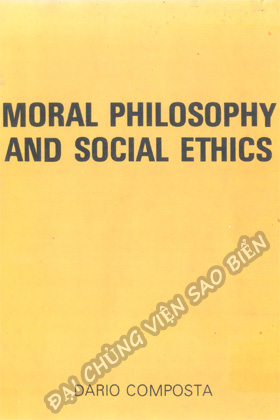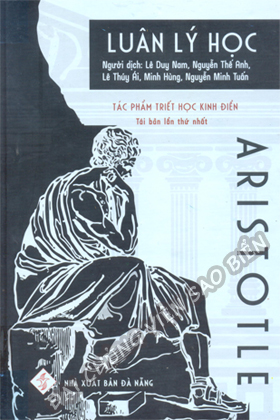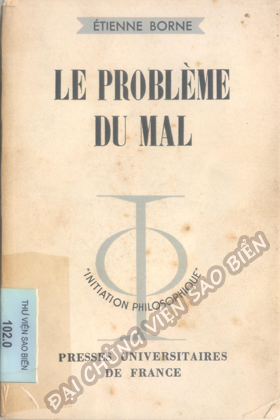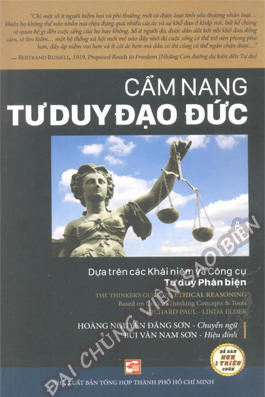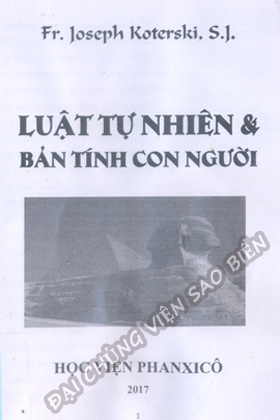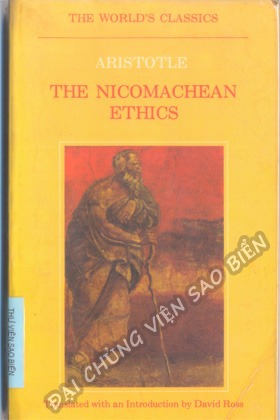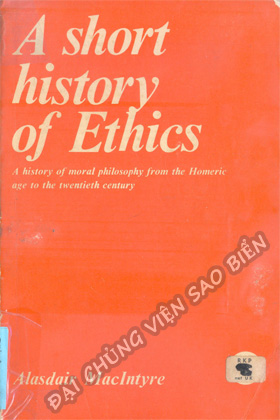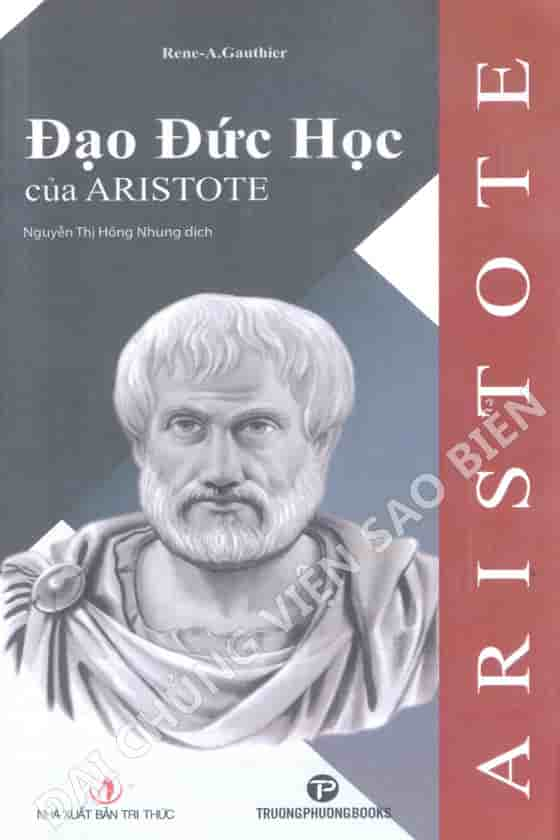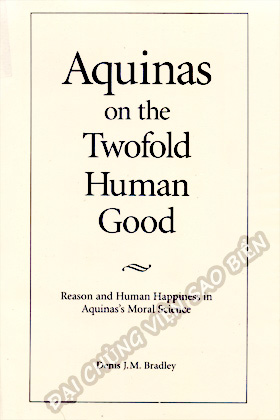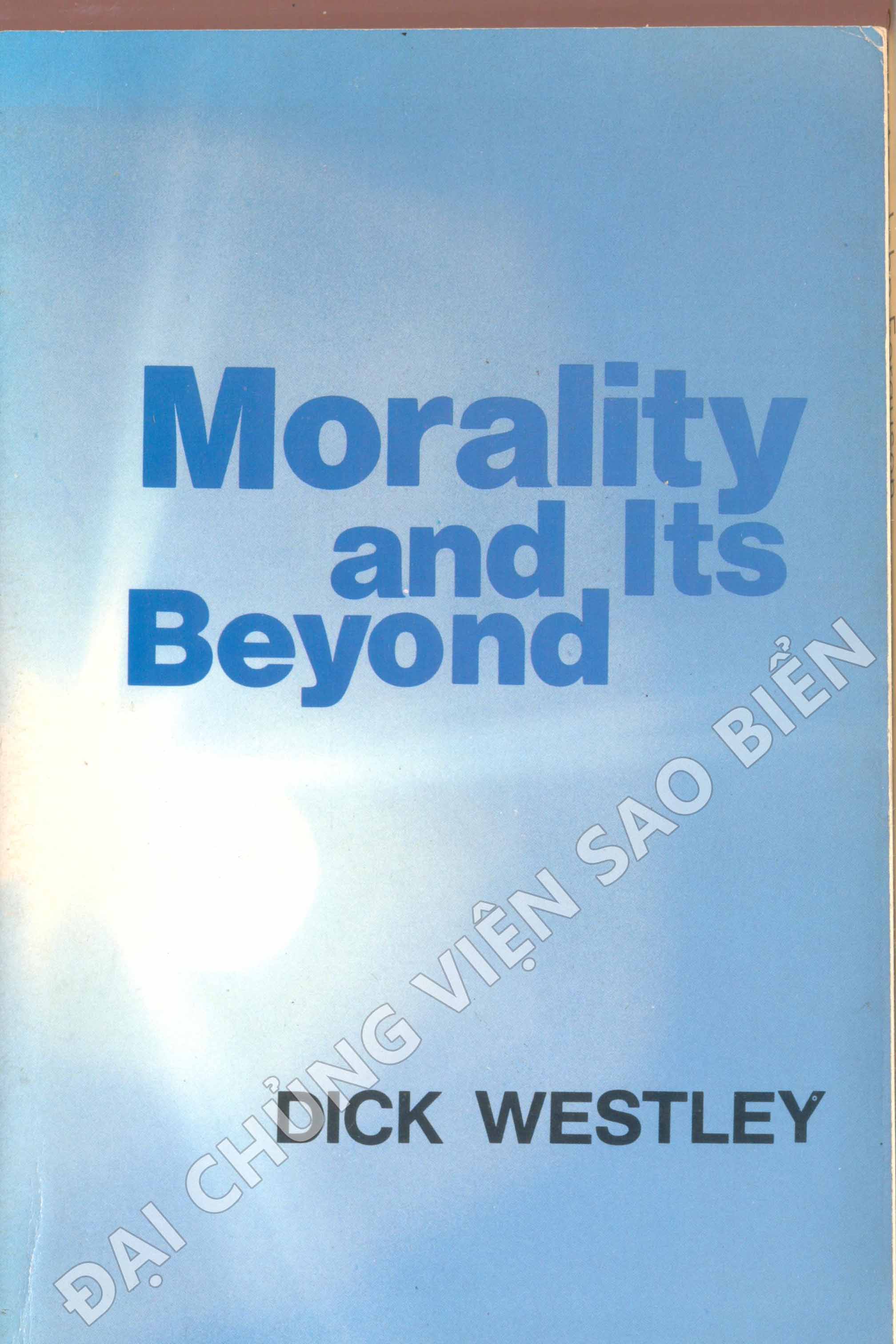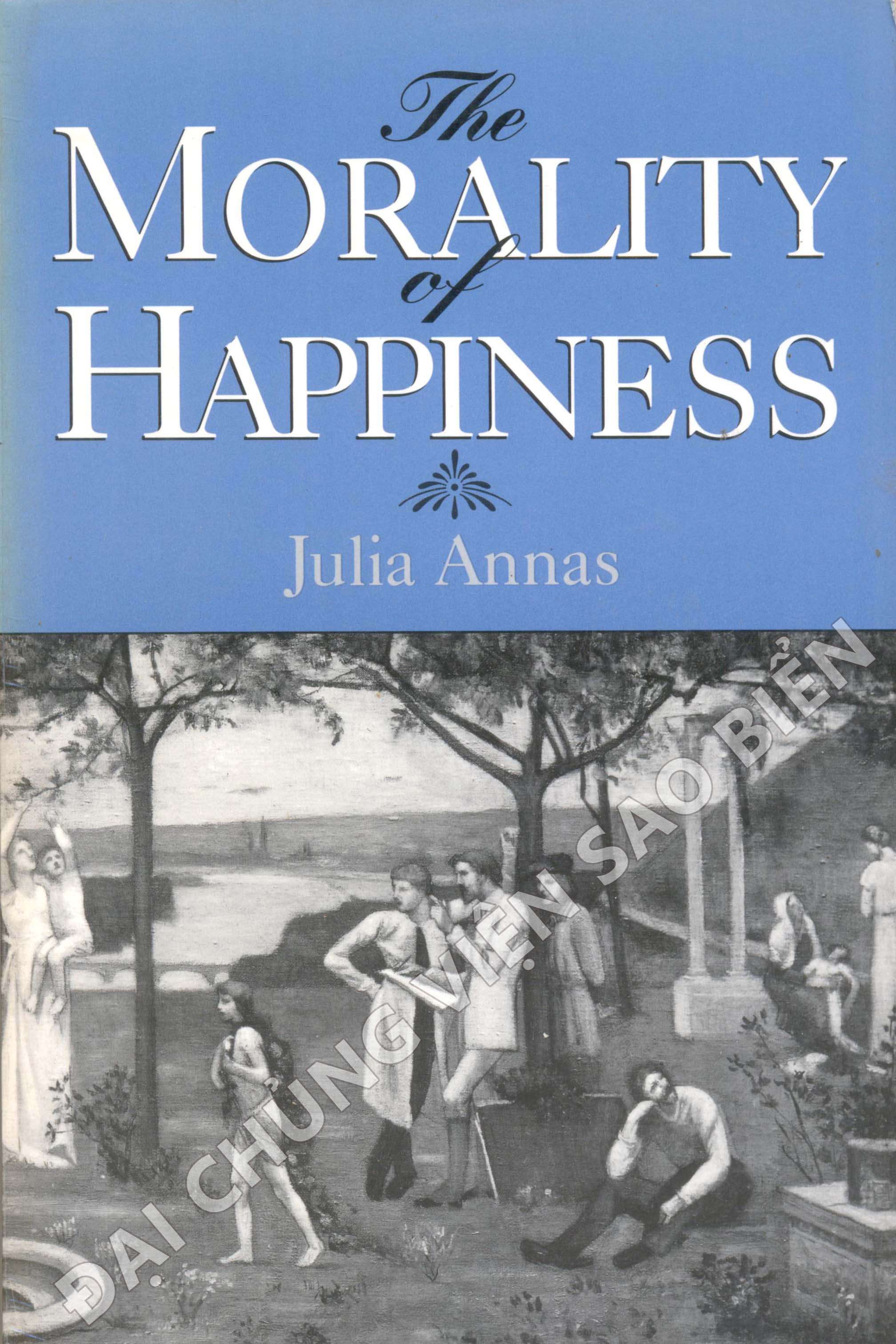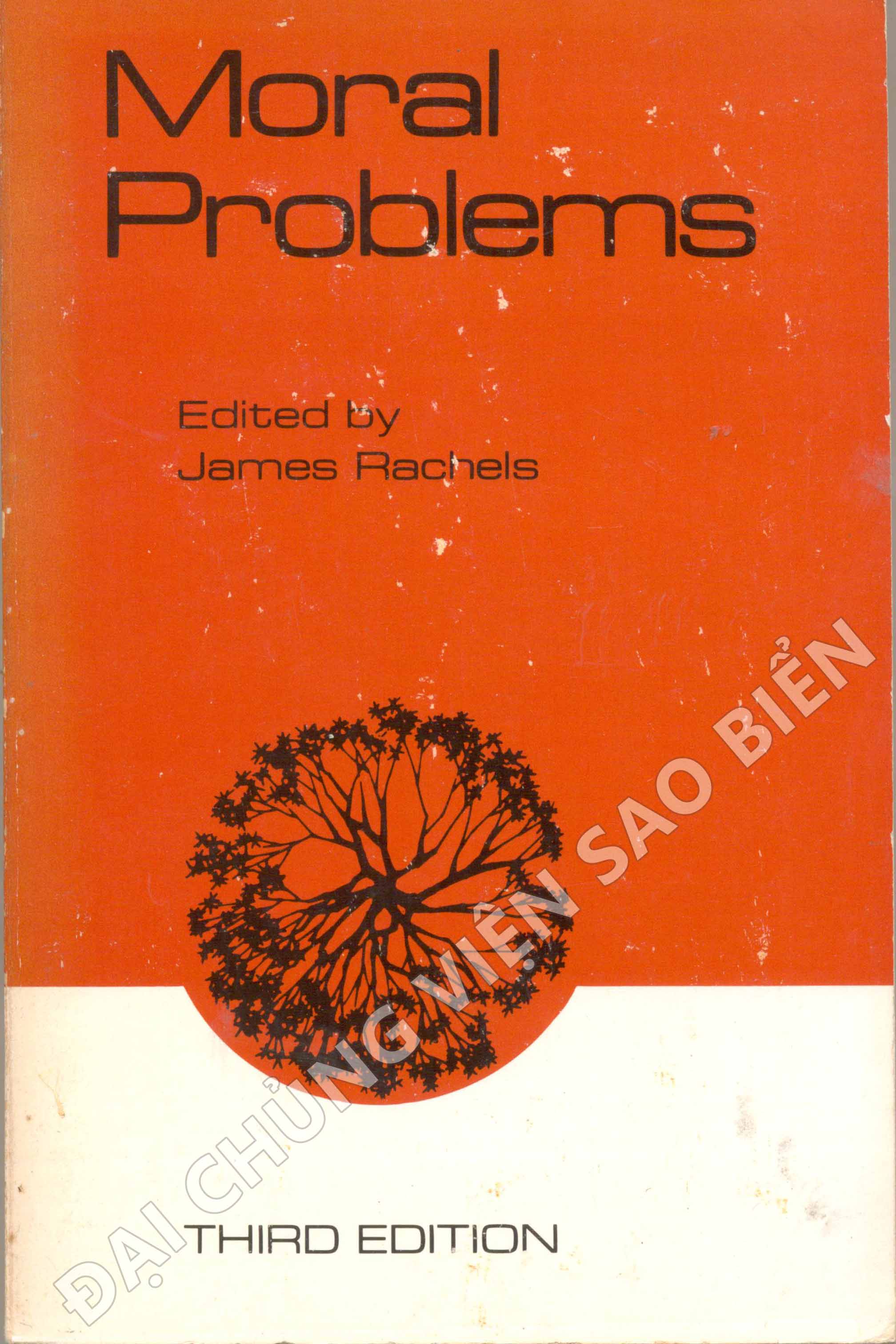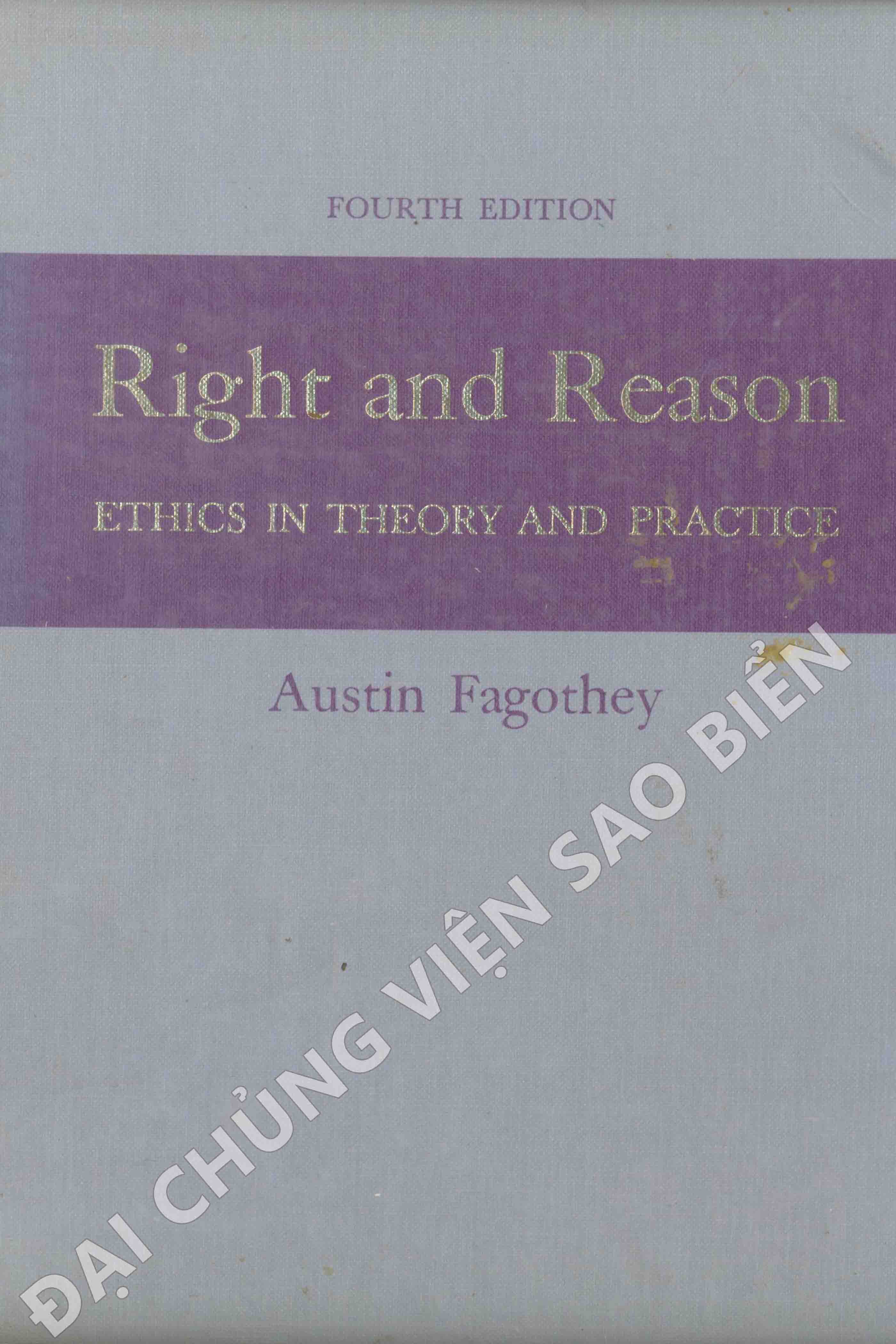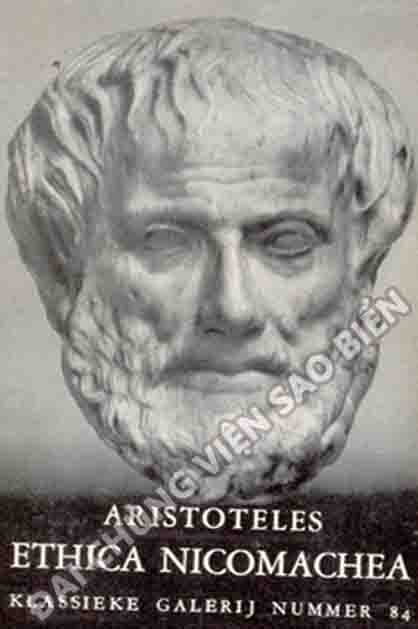| PART I FUNDAMENTAL ETHICS |
|
| I.. THE VOLUNTARY NATURE OF THE HUMAN ACT |
|
| 1. Introduction |
25 |
| 2. The Psychological Dynamism of the Voluntary |
19 |
| 3. Voluntary and Involuntary |
20 |
| II. THE MORALITY OF HUMAN ACTS |
|
| 1. Introduction |
25 |
| 2. Opinions of some Philosophers |
28 |
| 3. Morality in Historicist Philosophy |
31 |
| 4. Morality According to S. Kierkegaard and J. P. Sartre |
35 |
| 5. Estimate and Perspectives |
38 |
| 6. The Static Metaphysical Foundation of Morality |
39 |
| 7. The Dynamic Metaphysical Foundation of Norality |
40 |
| 8. Morality and Religion |
43 |
| III. MORAL CONSCIENCE AND ITS PROBLEMS |
|
| 1. Premise |
46 |
| 2. Theoretical Reason and Practical Reason: the Conscience |
48 |
| 3. A Note on the Quality of Conscience |
50 |
| IV. THE VIRTUES AND PRUDENCE |
|
| 1. Introduction |
53 |
| 2. The Virtues in General |
53 |
| 3. Prudence |
56 |
| V. JUSTICE |
|
| 1. The Notion of Justice for the Ancient Peoples |
60 |
| 2. Recent Attempts to Deepen its Meaning |
61 |
| 3. Phenomenological Critique |
62 |
| 4. Ontological Analysis of Justice: the Subject and the Terminus |
63 |
| 5. Ontological Analysis of Justice: the Rapport in Itself |
64 |
| 6. Specification of the Rapport and Division of Justice |
66 |
| 7. Justice and History |
68 |
| 8. Conclusion |
69 |
| VI. JUSTICE AND PEACE |
70 |
| 1. Introduction |
75 |
| 2. The Founfdation of the Rapport between Law and Right-Obligation |
76 |
| VIII. THE MORAL NORM |
|
| 1. Premise |
80 |
| 2. Objectivity of the Norm |
81 |
| 3. The Content of Natural Moral Law |
82 |
| IX. HUMAN DESTINY AND POLITICS |
|
| 1. Introduction |
85 |
| 2. The Determination of Terms |
86 |
| 3. Subjective Human Destiny |
89 |
| 4. The Political Doctrines of Hegel |
91 |
| 5. The Political Theory of Marx |
97 |
| 6. Determination of the Problem |
99 |
| 7. The Apolitical Destiny |
100 |
| 8. The Politicized Destiny |
102 |
| 9. The Sacral Destiny |
103 |
| 10. The Normal Destiny |
105 |
| 11. Conclusion |
106 |
| X. THE FINALITY OF THE MORAL ACT |
|
| 1. Introduction |
108 |
| 2. Analysis of Ethical Finality |
110 |
| 3. The Metaphysics of Love |
114 |
| 4. A Note on the Circumstances |
115 |
| PART II SOCIAL ETHICS |
|
| XI. HUMAN SOCIALITY IN DENERAL |
|
| 1. Introduction |
121 |
| 2. The Problem of Proximate and Remote Foundation of Societies |
122 |
| 3. Anthropology and Sociality |
127 |
| XII. MARRIAGE |
|
| 1. Introduction |
132 |
| 2. Opinions on the Family |
134 |
| 3. The Monogamous and Indissoluble Family |
136 |
| XIII. MORAL AND JURIDICAL ASPECTS OF WORK |
|
| 1. Introduction |
138 |
| 2. Work and Its Ethical Norms |
139 |
| 3. Work and Right |
140 |
| XIV. WORK AND ECONOMY |
|
| 1. Introduction |
142 |
| 2. History of Work |
143 |
| 3. The Thesis |
143 |
| 4. The Colollary |
145 |
| 5. Historical Origins of Associations of Workers |
145 |
| 6. The Forms of the Organization of Work |
146 |
| 7. Catholic Evaluation |
146 |
| XV. PRIVATE PROPERTY |
|
| 1. Introduction |
148 |
| 2. Arguments For Its Legitimacy |
149 |
| 3. Limits of the Right to Property |
150 |
| 4. Economic Liberalism |
151 |
| 5. The Capitalistic System |
152 |
| 6. Socialism |
153 |
| 7. Comminism |
155 |
| 8. Critical Examination |
156 |
| 9. The Catholic Doctrine |
157 |
| XVI. THE STATE |
|
| 1 Introduction |
160 |
| 2. Notions |
160 |
| 3. The State and the Common Good |
164 |
| 4. The Ontology of the Common Good |
166 |
| 5. The Gnoseology of the Common Good |
169 |
| XVII. THE INTERNATIONAL COMMUNITY |
|
| 1. Introduction |
174 |
| 2. Historical Origin of International Organisation |
175 |
| 3. The Characteristics of International Order |
178 |
| 4. The Philosophical Foundation of the Interational Community |
179 |
| APPENDICES |
|
| 1. COMMUNIST MORALS |
183 |
| 2. HEBREW ETHICS AND GREEK ETHICS |
191 |
| 3. THE SPECIFICITY OF CHRISTIAN ETHICS |
196 |
| NOTES |
205 |
| INDEX OF NAMES |
219 |
